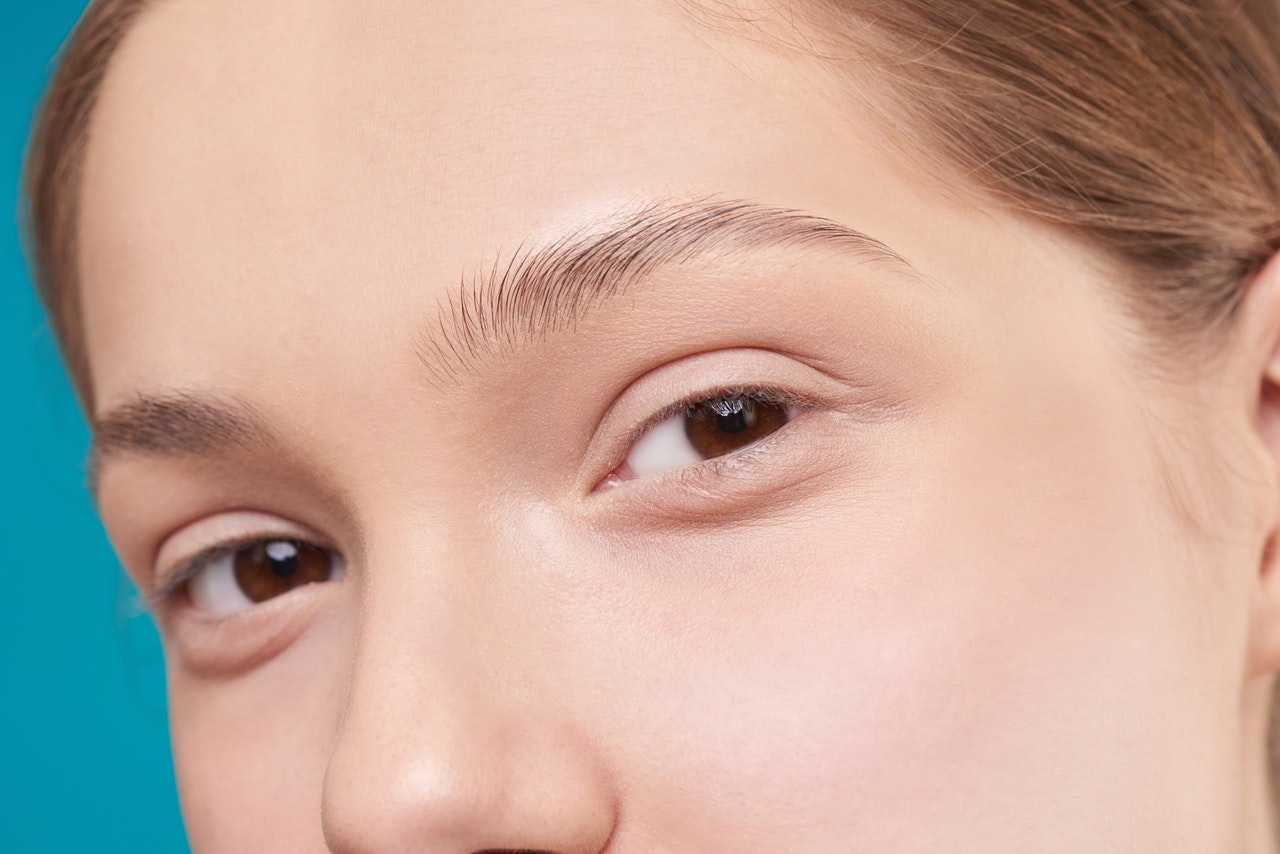
How Ubiquinol Helps Fight Aging
Aging is something every one of us has to deal with.
I wish it weren’t true, and I believe that after we die we won’t have to worry about aging any longer… and not just because we’re dead.
But that’s a different subject for a different time altogether.
Age is just something that happens.
But, as I’ve written about before, we don’t necessarily have to deal with the worst part of the effects of aging.
How, exactly?
By supporting multiple systems in your body that help us resist the ill effects of aging and feel better every day you advance in age.
One of the best ways to do this is by taking supplements that help to restore the levels of compounds your body already produces. I talk about this frequently with hormone replacement, but one of the ones I don’t talk about enough - despite the fact it’s vital to good health, is CoQ10.
Today I’m going to dig into how a few different forms of CoQ10 can help you age with grace. One is clearly better than the other as I’ll explain and that’s backed by scientific research.
How Ubiquinol Helps to Revive Lagging CoQ10 Levels
CoQ10 is a coenzyme family that helps your body generate ATP, which is the “fuel for your body’s energy levels.”
CoQ10 is so important for developing ATP within the mitochondria that without it you would die.
Seriously,
The old dictionary says this about how important it is. “It is a component of the electron transport chain and participates in aerobic cellular respiration, which generates energy in the form of ATP. Ninety-five percent of the human body's energy is generated this way.
If you noticed the sentence at the end, 95% of your body’s energy is reliant on CoQ10, which is why you need to make sure you always maintain proper levels of this coenzyme.
Age, unfortunately, causes your CoQ10 levels to fall.
Worse, is that a lot of people have other things present in their life that can contribute to low CoQ10 levels.
These include the following as listed by ecosh.com
- Constant stress, because under stress, digestion basically almost stops because the blood that transports nutrients to cells, tissues, and organs travels to the so-called “escape and fight situation” muscles.
- Vitamin B6 deficiency.
- Intestinal disorders (including intestinal malformations).
- Persistent iron overload (including iron tablets).
- Genetic defects in CoQ10 synthesis or utilization.
- Risen demands by tissues as a result of disease.
- Mitochondrial diseases.
- Oxidative stress (because of aging).
- Rancid oils and fats.
- Even water with too much chlorine.
- Side effects of various medications such as for instance:
- Statins (widely used to lower cholesterol)
- Antibiotics
- Laxative mineral oils
- Birth control pills
That list above means a lot of people qualify for CoQ10 supplementation.
Which is why I want to talk about the exact kind of CoQ10 you ought to take.
There are 3 forms of CoQ10. Fully oxidized (ubiquinone), semiquinone (ubisemiquinone), and fully reduced (ubiquinol).
Ubiquinone is what the vast majority of supplement makers use because it’s cheap and because it works… kind of.
Ubiquinone is very difficult for your body to absorb, thus taking it in small amounts won’t really do much of anything to reverse a deficiency.
It works to restore levels, but it takes a huge amount of product to work. More than anyone would want to take or spend to acquire.
Ubiquinol is my preferred choice because it is highly bioavailable and offers superior resiliency in the body for absorption.
And Life Extension Super Ubiquinol CoQ10 100 mg is easily one of the best supplements for boosting levels on the planet.
Life Extension spends massive amounts of their own money testing their products to make sure they work.
As I mentioned in the beginning, they have scientific research to back up that ubiquinol helps to mitigate the effects of aging.
As they report: “In studies measuring exercise-induced fatigue, ubiquinol CoQ10 (like that in Super Ubiquinol CoQ10) was 90% more effective than ubiquinone. Furthermore, ubiquinol has been shown to be 40% more effective in slowing measurements of aging, compared to ubiquinone.
That means that taking their Super Ubiquinol CoQ10 is one of the main ways you can use to help slow down aging.
This doesn’t mean your birthday will now happen 10 days later, but your biological age at your next birthday could be lower than what the calendar year says.
You need CoQ10 to age well.
You need it for producing energy within the body.
And if you’re over the age of 50 the chances your natural production has waned is 100%.
You might try Super Ubiquinol CoQ10 from Life Extension for a boost of energy and feelings of youth.
You can get yours here!




